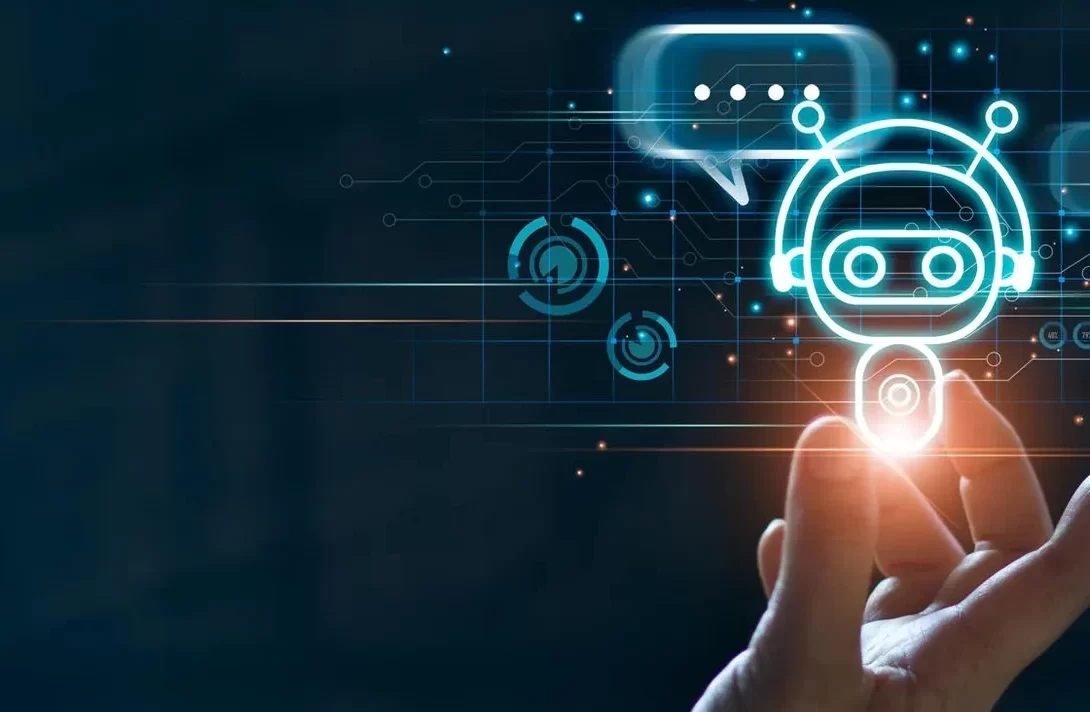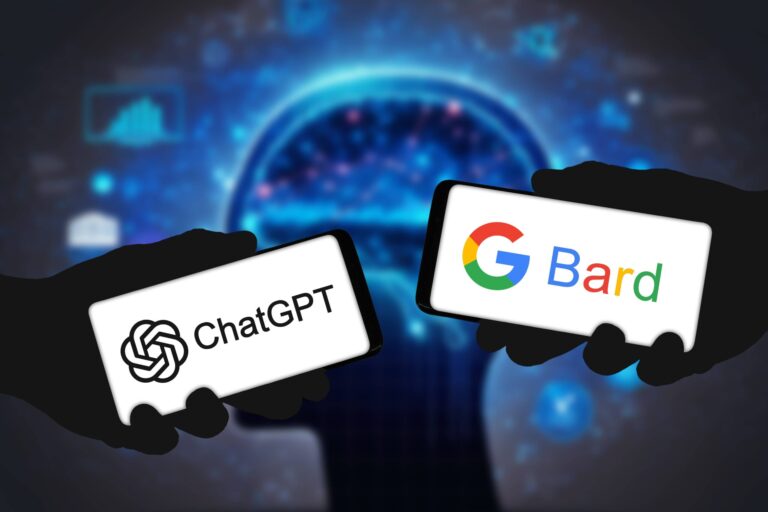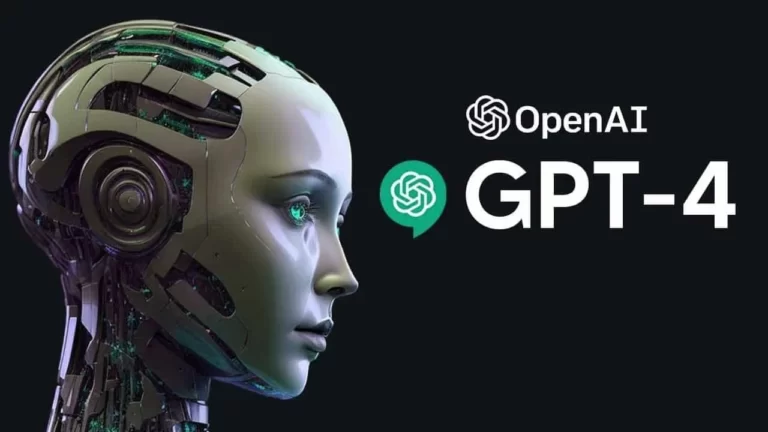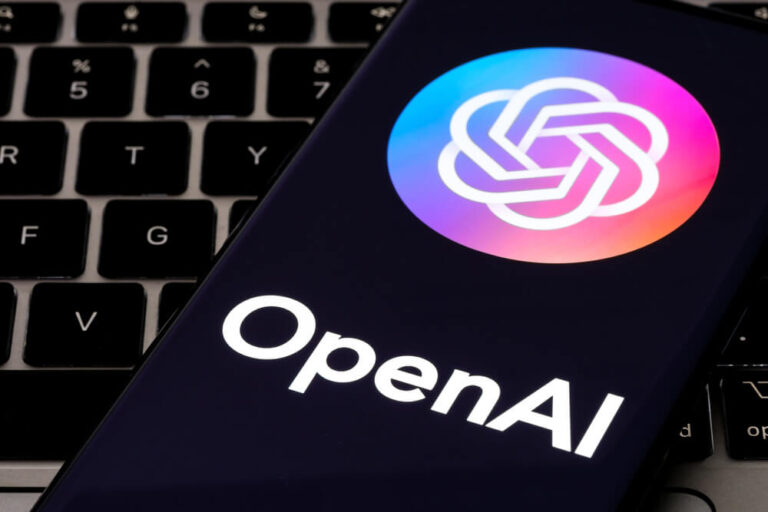Chatbot vs Virtual Assistant: Which is Better?
Understanding Chatbots
Chatbots, short for chat robots, are computer programs designed to simulate human conversations. These digital assistants use Natural Language Processing (NLP) and machine learning algorithms to understand and respond to user queries and commands. Here are some key characteristics of chatbots:
1. Basic Interactions
Chatbots are primarily used for handling basic interactions and tasks. They excel in providing quick responses to frequently asked questions, offering information, and assisting with straightforward requests.
2. Specific Functionality
Most chatbots are specialized in performing particular functions. For instance, customer service chatbots are programmed to address customer inquiries, while e-commerce chatbots help users browse and purchase products.
3. Limited Context
Chatbots typically operate within a limited context. They may struggle to maintain extended conversations or understand complex queries outside their predefined scope.
4. Rule-Based or AI-Powered
Chatbots can be rule-based, following predefined scripts, or powered by AI, allowing them to learn and adapt over time. AI-driven chatbots tend to provide more accurate and personalized responses.
Exploring Virtual Assistants
Virtual assistants, on the other hand, are more comprehensive AI-driven solutions designed to perform a wide range of tasks. Let’s delve deeper into their characteristics:
1. Versatility
Virtual assistants are incredibly versatile, capable of handling tasks ranging from answering questions to setting reminders, managing calendars, and even controlling smart home devices.
2. Personalization
Virtual assistants leverage AI and user data to offer highly personalized experiences. They can learn user preferences and adapt their responses and actions accordingly.
3. Multifunctionality
Unlike chatbots, virtual assistants are not limited to specific functions. They can integrate with various applications and services to provide comprehensive support.
4. Continuous Learning
Virtual assistants continuously learn and improve their capabilities. They become more proficient over time, making them valuable long-term companions.
Applications in Real Life
To understand the practical differences between chatbots and virtual assistants, let’s examine their applications in various industries:
1. Customer Support
Chatbots are often used in customer support to provide quick responses to common queries, while virtual assistants can handle complex support interactions, including issue resolution and product recommendations.
2. Healthcare
Virtual assistants are employed in healthcare settings to schedule appointments, remind patients of medication, and provide health-related information, while chatbots may assist in basic triage and appointment scheduling.
3. Home Automation
Virtual assistants like Amazon’s Alexa and Google Assistant are at the forefront of home automation, controlling smart devices and enhancing the user’s home experience. Chatbots play a minimal role in this arena.
4. E-commerce
Chatbots often facilitate product searches and basic inquiries on e-commerce websites, while virtual assistants can provide personalized product recommendations and seamless shopping experiences.
Conclusion
In summary, chatbots and virtual assistants are both valuable AI-driven tools, but they serve distinct purposes. Chatbots are suitable for handling specific, repetitive tasks and inquiries, while virtual assistants offer versatility, personalization, and multifunctionality. The choice between the two depends on the specific needs of businesses and individuals.
FAQs
- What is the primary difference between chatbots and virtual assistants? Chatbots excel in basic interactions and specific functions, while virtual assistants offer versatility, personalization, and multifunctionality.
- How are chatbots and virtual assistants transforming customer support? Chatbots handle common queries, while virtual assistants manage complex support interactions, enhancing the overall customer experience.
- Can virtual assistants learn and adapt over time? Yes, virtual assistants continuously learn and improve their capabilities, becoming more proficient with prolonged use.
- Where are chatbots commonly used in e-commerce? Chatbots are often employed to facilitate product searches and provide basic information on e-commerce websites.
- Are chatbots suitable for home automation? Chatbots play a minimal role in home automation, whereas virtual assistants like Amazon’s Alexa and Google Assistant excel in this domain.






